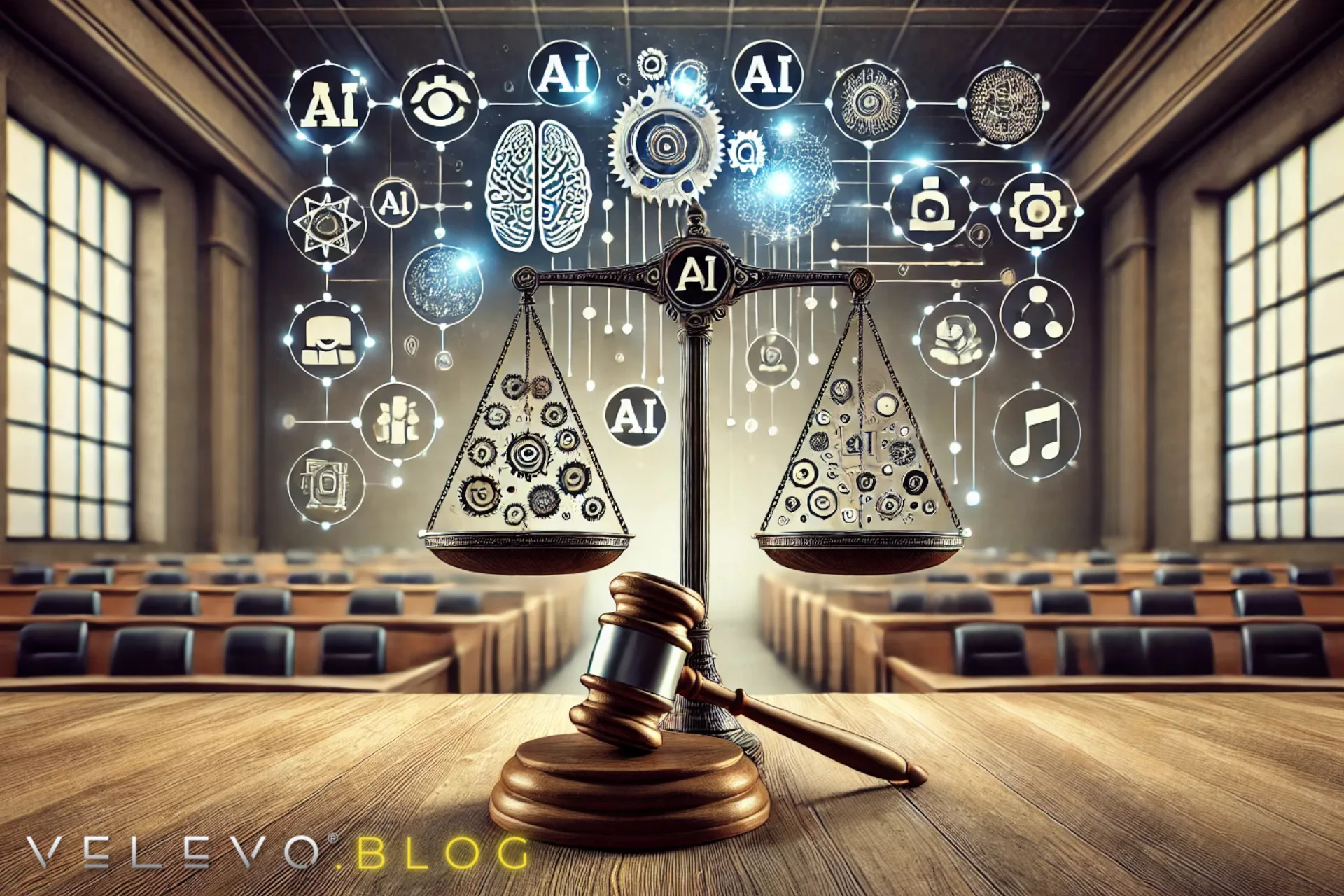On September 27, 2024, the Hamburg Regional Court (Case No. 310 O 227/23) ruled that copyrighted works may be used for AI training processes, provided that such use is for scientific purposes and not commercial. This ruling has significant implications for the use of data in Artificial Intelligence (AI) and shows that scientific institutions can access protected works to more efficiently train their AI models.
Background of the Ruling
A photographer sued over the use of his image in an AI training dataset used by a scientific organization. He argued that his copyright was being violated. The defendant referred to the limitations of § 60d of the German Copyright Act (UrhG), which allows the use of copyrighted works for non-commercial, scientific purposes. The court ruled in favor of the defendant, as the use of the image complied with legal requirements.
What Does This Mean for Creators?
This ruling is particularly relevant for photographers, artists, and other creatives. It demonstrates that their works can be used under certain conditions, such as for scientific purposes, without their direct consent. However, it remains essential that such use is non-commercial and within a scientific context. Creatives should still stay informed about their rights, especially if their works are used in other contexts.
Relevance for AI Development
The ruling has important implications for AI research and development. AI systems rely on large datasets to learn and improve. In the early stages of training, it is often necessary to use unfiltered datasets so that the AI can recognize basic patterns and learn faster. For scientific purposes, the ruling grants the freedom to access protected works without infringing copyright, as long as the use is non-commercial.
Conclusion: Relevance for VELEVO® and Our AI Development
This ruling is particularly relevant for VELEVO®, as we use our own offline AI systems in our projects. In the early phases of AI training, we often utilize large datasets to accelerate the learning curve. This allows us to quickly adjust the AI and identify potential errors. However, our long-term goal is to train our AI only with carefully selected, freely accessible, and GDPR-compliant data. This ensures that our AI operates efficiently and complies with data protection regulations such as the GDPR.
Our approach allows businesses to integrate our AI solutions into their internal processes in a GDPR-compliant manner. By carefully selecting data, we guarantee that our clients’ data is secure and never used without permission in the training process. The trust of our clients is our top priority.
Further Legal Support: To ensure we are always well-advised in legal matters, we work closely with attorney Marian Härtel from ITMediaLaw, who supports us with legal issues such as data usage and compliance with privacy laws.
Many European companies face similar challenges. AI requires large datasets, but it is essential to ensure that these datasets meet legal requirements. The Hamburg Regional Court’s ruling facilitates the development of advanced AI for scientific institutions and companies like VELEVO®, without violating copyright or data protection laws.


0 Comments